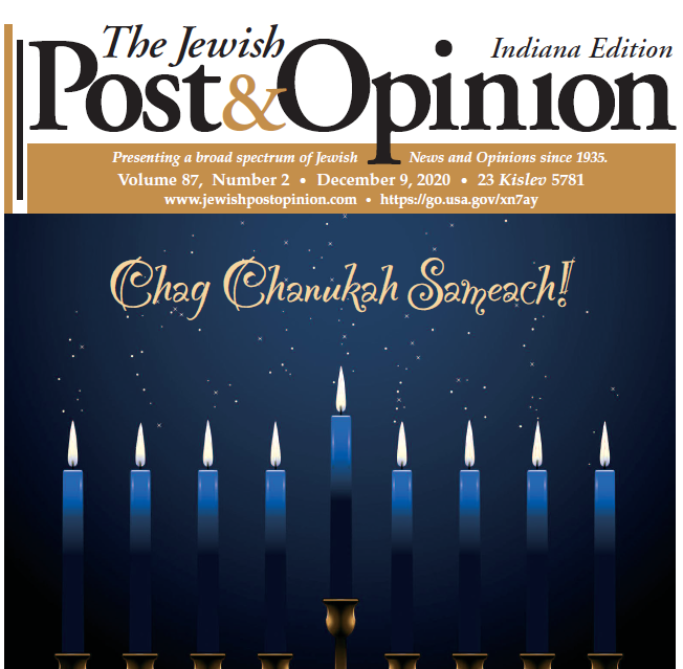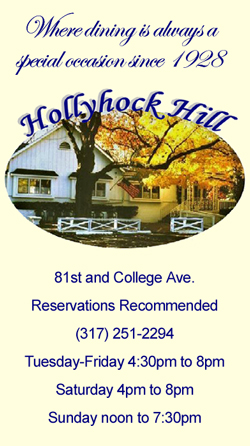By Miriam Zimmerman

What happens when today’s Jews and Germans encounter each other face to face? What restraints cripple both parties in their attempts to communicate? Is there the proverbial elephant in the room that no one engages directly? Perhaps the different generations handle the awkwardness differently. What rights do contemporary Jews have to invoke the memory of the Holocaust? What rights do Germans have to move on?
Conversational German 802, Wednesday nights at College of San Mateo. For the third time in my life, I have enrolled in German language instruction. Feb. 17, 2010: I am too embarrassed to participate in the informal chatting auf Deutsch between the instructor and the students prior to each class. My Deutsch is not that fluent. Despite my past immersion in German classes, I am unable to speak but the most basic sentences. Growing up, all things German were verboten in my household.
Few of the students attend the course to fulfill their undergraduate language requirement. Most are older adults taking the class for their own self-improvement.Some are of German descent. On the night of Feb. 17, they remained indifferent to my suppressed elation. I wanted to share with my fellow classmates and my professor that I was in the Bundesrepublik Deutschland twice in one week. But I lacked the words.
“Wie so?” I can imagine the incredulous Professor Raney asking. I would respond that the day before, I accompanied my daughter Rebecca to obtain her Einburgerungsurkunde, that is, her naturalization certificate from the German consulate in San Francisco. One must do so in person; it cannot be mailed.
The next day, wearing my mutze (cap)as a journalist, I returned to interview Consul General Peter Rothem. Embassies and consulates are thought to be on the soil of the country they represent and not in their host country. Thus, on a perhaps symbolic level, I was in Germany twice in one week.
Subscribe to read more.






